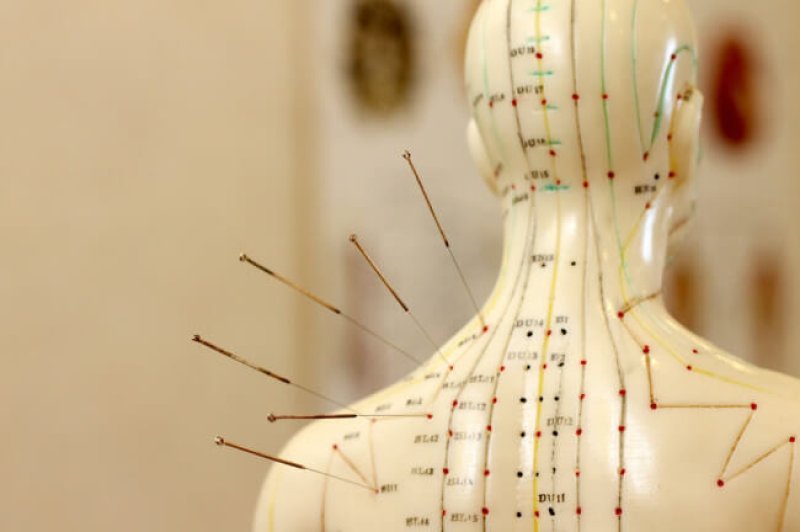Through their studies in mice, the team showed that acupuncture stimulation influenced how animals coped with cytokine storm, the rapid release of large amounts of inflammation-fuelling cytokines. The phenomenon has gained particular attention over recent months as a complication of severe COVID-19, but this aberrant immune reaction can occur in the setting of any infection, and has been long known to physicians as a hallmark of sepsis, an organ-damaging, often-fatal inflammatory response to infection.
Much more work will be needed to confirm their findings through further research in animals and in humans, and to carefully define the optimal parameters for acupuncture stimulation. Nevertheless, the authors believe, these early findings point to the potential to one day using electroacupuncture as a versatile form of treatment, whether as an adjunctive therapy for sepsis in the intensive care unit, or for more targeted treatment of site-specific inflammation.































